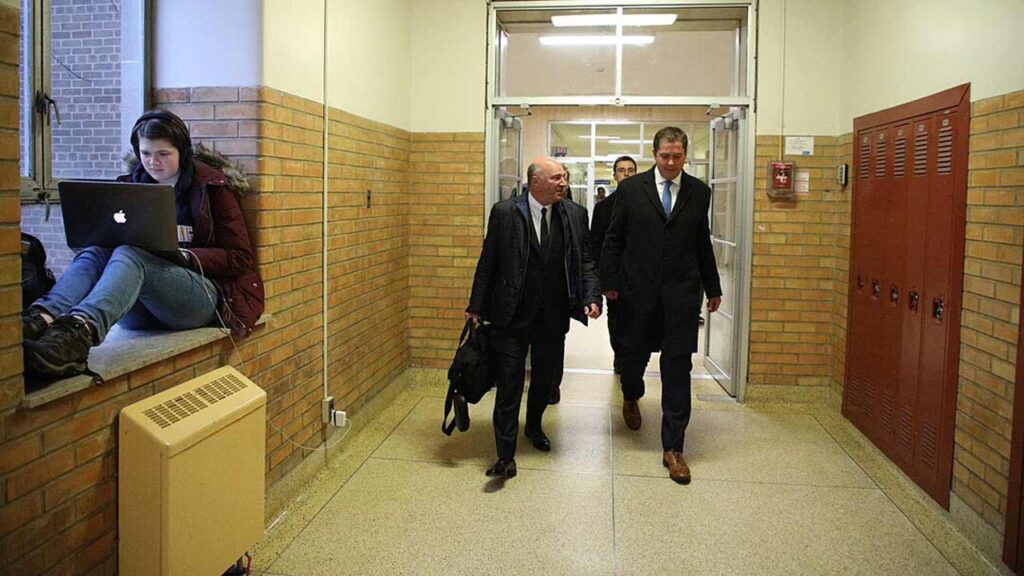Kevin O’Leary has built an empire by being brutally honest about business and money—and he brings that same mindset to his personal life. While most people avoid mixing family and finance, O’Leary doesn’t dodge the conversation. He just follows one rule that keeps it clean, clear, and conflict-free.
He never gives family members money without a signed agreement. Ever. Not for a loan. Not for a business. Not even for a favor. And he’s been saying it publicly for years.
“If You Don’t Treat It Like a Business, It Will Destroy the Relationship”

That’s O’Leary’s position—loud and clear. He’s not against helping family. He just refuses to do it in a vague or emotional way. Every dollar that leaves his account for a family member comes with paperwork: terms, timelines, expectations, and signatures.
Why? Because, as he puts it, verbal promises fall apart fast. And when money’s on the line, unclear expectations turn into resentment. By formalizing everything, he protects both sides from awkward misunderstandings—or worse, total fallout.
It’s About Structure, Not Stinginess

O’Leary has said repeatedly that he’ll support a family member’s business—but only if they treat it like a real deal. That means presenting a plan, pitching the idea, and agreeing to terms just like any other entrepreneur would.
This structure makes the relationship stronger, not colder. It sets clear roles and avoids the emotional traps that usually come with money and family. Everyone knows what’s expected, and that clarity keeps things respectful.
Most People Do the Opposite—And Pay the Price

Ask around, and you’ll hear the same story: someone lent money to a cousin, sibling, or friend… and never saw it again. Worse, the relationship turned sour. That’s exactly what O’Leary avoids by treating family money like a business arrangement from the start.
He’s not unique in this. Other high-net-worth individuals follow similar rules. The difference is, O’Leary’s vocal about it—and unapologetic. His reasoning? If you really care about your family, don’t set them up to fail with loose money and no plan.
It Doesn’t Mean Saying “No” to Everyone

This isn’t a hardline rule to avoid helping. It’s a framework. If someone in O’Leary’s family needs help and has a legitimate plan, he’ll look at the numbers. If it makes sense, he’s in. But if it’s just an emotional request or a vague idea, the answer is no—no matter who’s asking.
That consistency is what makes the rule powerful. It’s not personal. It’s policy. And once people know that’s how you operate, the dynamic changes. You get fewer asks—and better proposals.
Bottom Line: Emotions Don’t Belong in Contracts

O’Leary’s rule sounds cold at first. But it’s actually built on long-term thinking. Money without structure ruins families. But money with structure? That can create opportunity, legacy, and real respect.
So if you’re building wealth and wondering how to help family without wrecking relationships, take a page from O’Leary’s playbook. Kindness doesn’t mean saying “yes”—it means setting the kind of boundaries that protect everyone involved.

Alexander Clark is a financial writer with a knack for breaking down complex market trends and economic shifts. As a contributor to The Daily Overview, he offers readers clear, insightful analysis on everything from market movements to personal finance strategies. With a keen eye for detail and a passion for keeping up with the fast-paced world of finance, Alexander strives to make financial news accessible and engaging for everyone.


